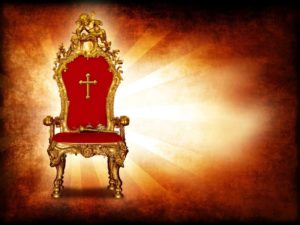
After Jesus was resurrected and had gathered His disciples together, the disciples asked, “Lord is it at this time You are restoring the kingdom to Israel?”
Jesus said in response, “It is not for you to know times or epochs which the Father has fixed by His own authority; but you will receive power when the Holy Spirit has come upon you; and you shall be My witnesses both in Jerusalem, and in all Judea and Samaria, and even to the remotest part of the earth.” Acts 1:6-8.
Jesus’ disciples were young. They were excited about Jesus’ resurrection, which for them confirmed he was indeed the King of kings. They were ready for Jesus to take over. They wanted to talk politics, but Jesus wanted to talk power.
The conversation is instructive. I am old enough to have lived through two evangelical experiments with American politics. The first was one of disengagement. This was the default in the late 1960s and through the 1970s.
That all changed with the election of Ronald Reagan in 1980. Francis Schaeffer, Jerry Falwell, and other evangelical leaders encouraged evangelicals to get involved in politics. The catalyst policy was a pro life agenda, but it grew from that and evangelicals eventually found a home with the conservative Right. That started the second experiment that has continued until this day.
Continue reading “Power vs. Politics”

 Pain is an unwelcome friend.
Pain is an unwelcome friend.